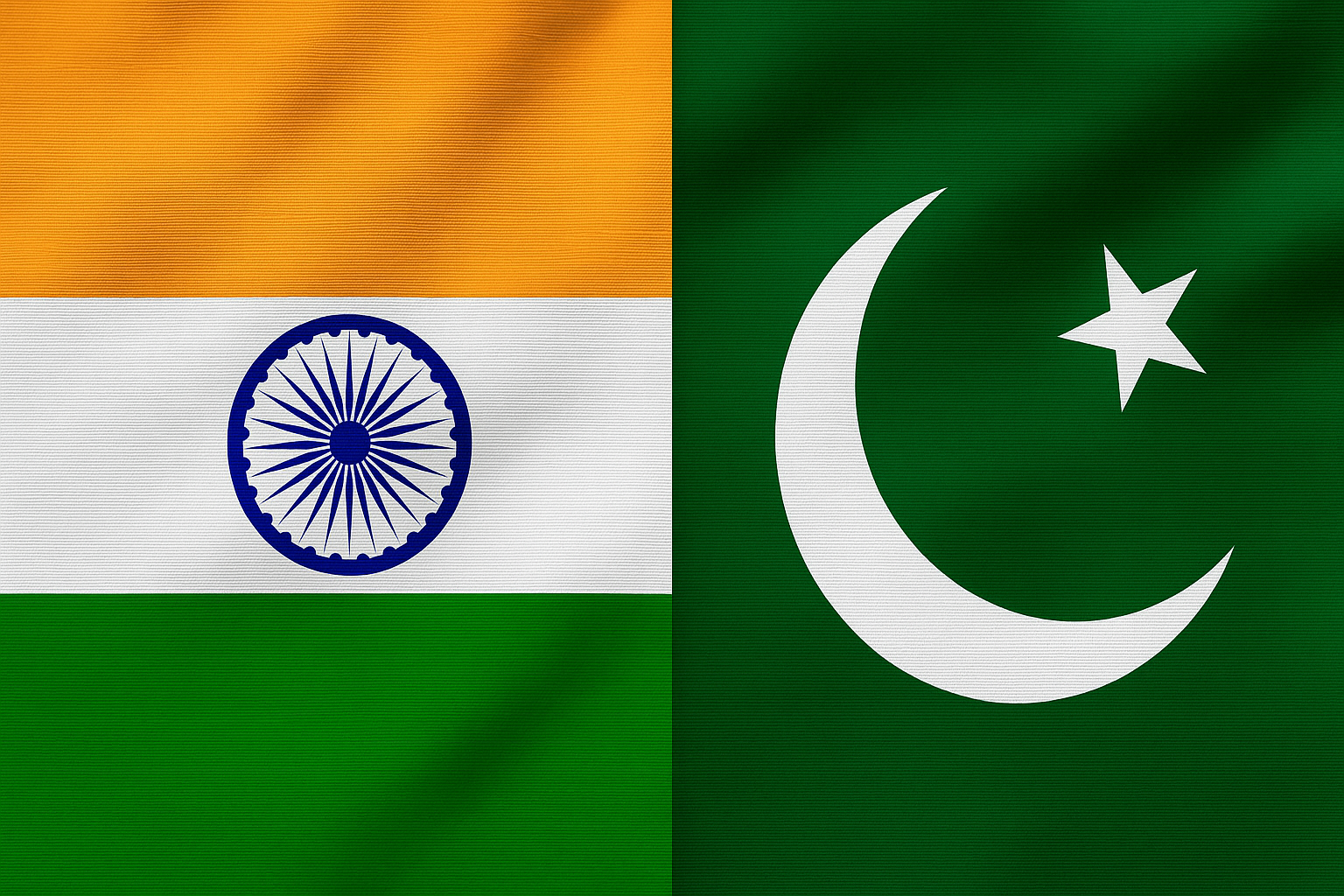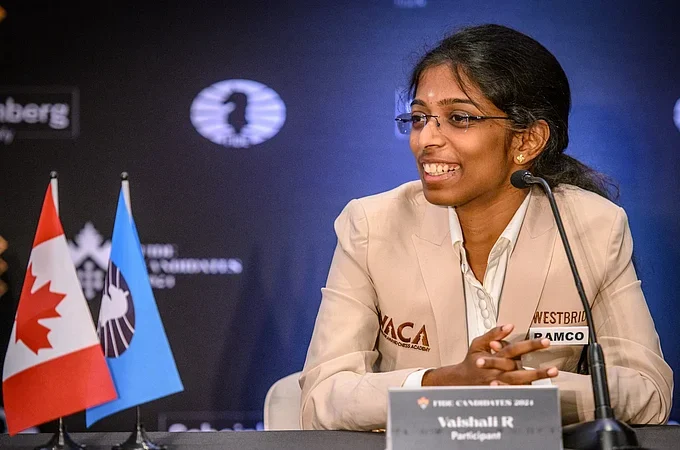Recent Posts

Introduction
The issuance of visas is often seen as a sovereign matter, with countries retaining the right to approve or deny entry based on their national interests. However, in the realm of sports, this autonomy becomes entangled with international obligations, diplomatic protocols, and commitments to global sporting organizations. One of the most sensitive cases of this interplay is India’s position on granting visas to athletes, especially from countries with which it shares a tense relationship—most notably Pakistan.
This article delves into the legal limitations that restrict India from arbitrarily denying sports visas. We explore the international agreements, case law precedents, sports federation regulations, and domestic policies that shape how India must navigate the line between sovereignty and obligation.
Sovereignty and Visa Control: India’s Legal Autonomy
At its core, issuing a visa is a sovereign function. The Government of India, under the Passport Act (1967) and the Foreigners Act (1946), holds the authority to allow or disallow foreign nationals entry based on:
- National security concerns
- Public order and morality
- Bilateral relationships
- Risk of espionage or terrorism
However, when India bids to host international events or signs international treaties involving sports, it voluntarily limits its own discretion under global expectations.
International Sporting Obligations: Agreements and Charters
Olympic Charter and International Olympic Committee (IOC)
The Olympic Charter outlines the fundamental principles for organizing international sporting events. Rule 44 explicitly states:
“The host country must ensure the entry of all competitors, officials, and other accredited persons from all National Olympic Committees.”
This means that if India hosts an Olympic-qualifying event or any multi-nation Olympic-affiliated competition, it must:
- Facilitate visas for all participating nations
- Refrain from political interference in participation
- Provide equal treatment and non-discrimination
International Federations and Hosting Rights
Sport-specific governing bodies such as:
- FIFA (Football)
- ICC (Cricket)
- United World Wrestling (UWW)
- International Shooting Sport Federation (ISSF)
…require host nations to guarantee visa access to all eligible participants. Denial can result in:
- Fines or sanctions
- Withdrawal of hosting rights
- Negative ranking in future bidding processes
Case Studies: When Visa Denials Backfired
2019: Shooting World Cup – New Delhi
India denied visas to Pakistani shooters who were set to compete in the Olympic-qualifying World Cup in Delhi. This provoked the IOC to:
- Suspend all Olympic-related events in India
- Demand written assurance of future compliance
- Threaten permanent debarment from hosting privileges
The backlash forced Indian sports authorities to lobby the Ministry of External Affairs (MEA) for special clearance mechanisms.
2023: United World Wrestling Incident
Pakistani wrestlers were denied visas for a UWW event hosted in India. In response:
- UWW shifted the event to another country
- India received a formal warning
- The incident tarnished India’s reputation for neutrality in sports
These cases demonstrate how denying visas due to political tensions can lead to tangible diplomatic and sporting consequences.
India’s Diplomatic Constraints
Bilateral Relations with Pakistan
India’s relationship with Pakistan has been marred by multiple wars, cross-border terrorism, and political hostility. Following events like:
- The 2008 Mumbai attacks
- The 2016 Uri and Pathankot attacks
- The 2019 Pulwama attack
…the Indian government has adopted a stringent visa scrutiny process for Pakistani nationals.
Ministry of External Affairs & Home Ministry Roles
- The MEA determines bilateral diplomatic standing.
- The Ministry of Home Affairs (MHA) examines security threats.
In the case of Pakistani athletes, both ministries are consulted before granting visas—even when the sports ministry or organizers have cleared participation.
Still, even with national security concerns, arbitrary or vague justifications can lead to India breaching its international hosting obligations.
India’s Legal Limitations Explained
While India holds the sovereign power to refuse entry, its voluntary commitments to global sporting bodies and treaties act as legal limitations in the following ways:
Contractual Obligations with Global Sports Federations
India must follow the contractual terms set by:
- ICC, FIFA, BCCI, ISSF, UWW, etc.
- Hosting agreements for Asian Games, Commonwealth Games
- Olympic-qualifier tournaments
These contracts require non-discriminatory participation.
Judicial Review Possibility
Visa denials are typically outside the purview of judicial review. However, in India, courts have occasionally admitted PILs (Public Interest Litigations) when:
- The denial is seen as arbitrary or mala fide
- It causes reputational or economic damage
- It violates the right to equality (Article 14 of Indian Constitution) for Indian organizers or athletes
International Arbitration & Legal Challenges
Affected nations or athletes can approach:
- Court of Arbitration for Sport (CAS)
- International federations’ disciplinary panels
Such legal challenges could force India to justify its decision transparently, not just on diplomatic grounds but with evidence of genuine threats.
Recent Posts
Categories
- Actor4
- Actress7
- Bank4
- Biography2
- Bollywood4
- Business10
- Company9
- cricket4
- Economy23
- Education6
- Entertainment47
- External Affairs Defence Security1
- Finance1
- Football1
- Health1
- Hollywood2
- Home1
- India70
- india9
- Industry6
- Latest News53
- lifestyle1
- maharashtra1
- market4
- Politicians13
- Politics29
- Press Release282
- Social8
- Sports28
- Stock Marekt18
- Technology24
- Tollywood2
- World40
- world17
Related Articles
World Athletics 2025 Javelin Final,Walcott Wins Gold, Neeraj 8th, Arshad 10th
The much-awaited World Athletics Championships 2025 javelin throw final came to a...
ByNewsium DeskSeptember 18, 2025Apollo Tyres Rises 3% After 3Year Lead Sponsorship of Team India
It’s official! Apollo Tyres is now the lead sponsor of Team India’s...
ByNewsium DeskSeptember 17, 2025India Women vs Australia 2nd ODI Live: XI, Time & Streaming
The India Women’s cricket team is set to lock horns with the...
ByNewsium DeskSeptember 17, 2025PM hails Vaishali Rameshbabu’s FIDE Grand Swiss 2025 win
In a remarkable show of grit, determination, and strategic brilliance, India’s Grandmaster...
ByNewsium DeskSeptember 16, 2025













Leave a comment